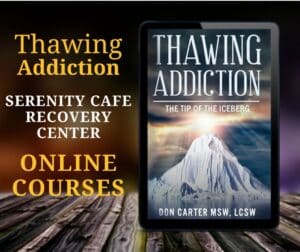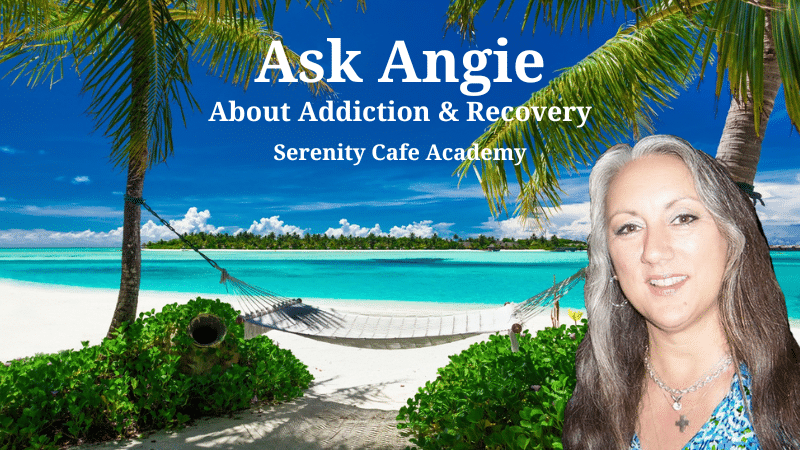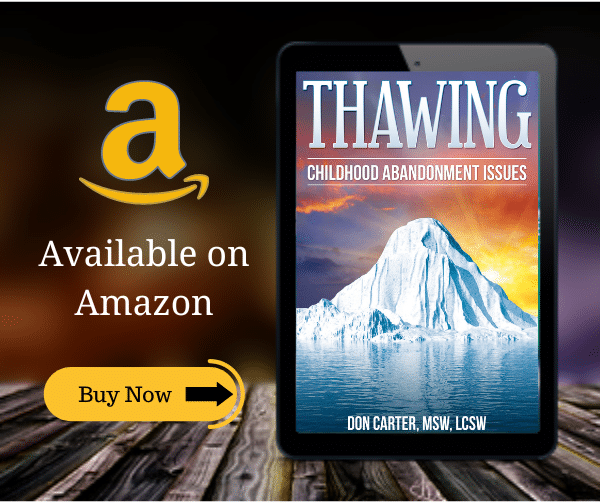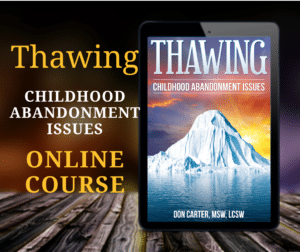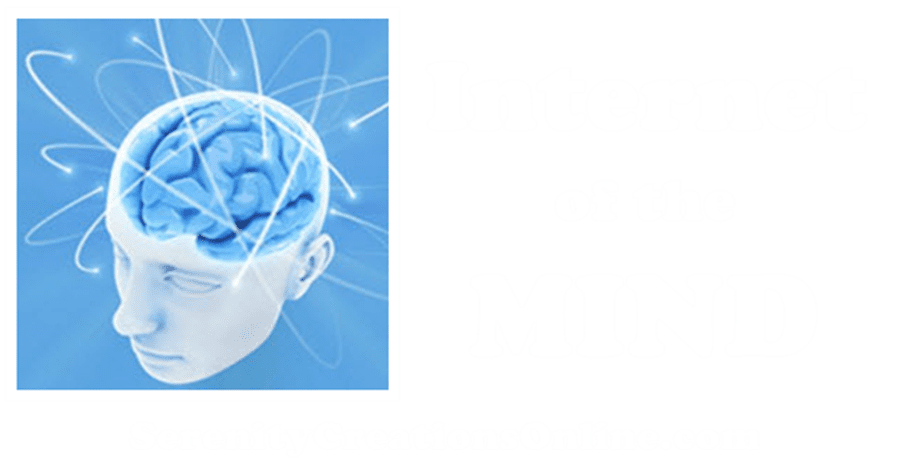
Early Recovery Can Be Difficult
Early recovery can be a period of convalescing, which means recuperating or recovering one’s health and strength gradually after sickness or weakness…It takes time for the brain to heal and return to normal functioning.
Early Recovery from Addiction
Questions? Contact Angie at Carter Counseling
Coming off drugs and alcohol can prove to be challenging, not only physically but psychologically as well. Early recovery can be a period of convalescing, which means recuperating or recovering one’s health and strength gradually after sickness or weakness. Many people still don’t view addiction/alcoholism as a disease, therefore some think once a person stops drinking or drugging their life should return to normal fairly soon. This is usually not the case in early recovery.
Typical Challenges of Early Recovery
When someone has experienced a bad case of the flu or has been through a round of chemo they are offered of sound bits of advice like get plenty of rest, avoid stressful situations, eat right and take vitamins to rebuild your strength. This same advice is also wise for those getting clean and sober.
I have been clean and sober for 15 years but when I was new to early recovery I didn’t understand how much I had assaulted my body with toxic poisons like alcohol and drugs, and the full extent of the damage I had done. It takes time for the brain to heal and return to normal functioning. In the case of meth or cocaine, it can actually take over a year for the brain to manufacture the normal levels of dopamine and other chemicals for us to have a sense of well-being.
In early recovery, I had periods of extreme high and low feelings. One minute I was feeling good about being sober and getting my life back on track and the next minute feeling terrible about my life and mistakes I had made or feelings of loneliness and disconnect from others.
Life is usually upside down due to previous behaviors in our addiction and so we are anxious to get things turned around towards the positive. We begin to worry about getting a job if we have lost one or getting back into school, how to pay the bills, how to fix broken relationships, how to manage the kids, and become the kind of parent we want to be. These can produce stress. There is a set of symptoms outlined by Terry Gorski that can occur in early recovery called P.A.W. which stands for Post Acute Withdrawal.
The Symptoms of Post-Acute Withdrawal (PAW):
- Memory problems
- Concentration problems
- Physical coordination problems
- Stress Sensitivity
- Sleep Disturbances
- Emotional Over-reaction or numbness
We can experience any one of these symptoms as a result of abstinence or by encountering a stressful situation. The symptom can cause stress, which in turn causes more P.A.W. symptoms, which in turn produces more stress and it can become a vicious cycle. People in early recovery need to be aware of this and learn how to manage their stress levels so they can lessen the P.A.W. symptoms.
One helpful tool that is sometimes used in recovery is called H.A.L.T. (hungry, angry, lonely, tired). When a person is feeling stress they can go through the checklist of H.A.L.T. and make sure they are not feeling too hungry, angry, lonely or tired. Typically taking care of any one of these warning signs can lessen the stress and thus interrupt the cycle of internal dysfunction. Learning healthier ways to relax and manage anxiety can be vital to maintaining a healthy recovery.
For me personally, early recovery was a challenge. I was used to the instant gratification of chemically induced relief through drugs and alcohol. Taking a walk through the park or Runge Nature center was not exactly an instant fix! But over time I began to reap the rewards of trying to do things differently. Not only was it good for my physical health, but I learned the value of spending time with myself and how to quiet the mind.
Meditatio vn videos and audios, establishing new friendships, and rekindling old hobbies was also helpful in getting out of the stress mode and acquiring some balance in early recovery. I also had to learn to not “beat myself up” for having thoughts of drinking or using, throwing temper tantrums, or just generally feeling lousy.
It was also helpful for my family and friends to know that it was going to take some time for me to level out and stabilize. This truly was a period of convalescing and I needed to take it one day at a time and do first things first.
For me, working a 12-step program and learning healthy coping skills are essential to my recovery. Expectations from others (or myself) that I needed to get my life back together as quickly as possible were neither realistic nor helpful. I was building a new life – the foundation needed to be strong and built the right way and that took time.
About the Author
Angie Carter, CRADC, SAP is a certified alcohol and drug counselor in the State of Missouri and DOT certified Substance Abuse Professional. She is in private practice with her husband at Carter Counseling & Consulting Services in Central Missouri. Angie primarily sees clients in the office but is also available for telephone coaching and/or consultation. Click here to contact Angie with your questions or feedback.
